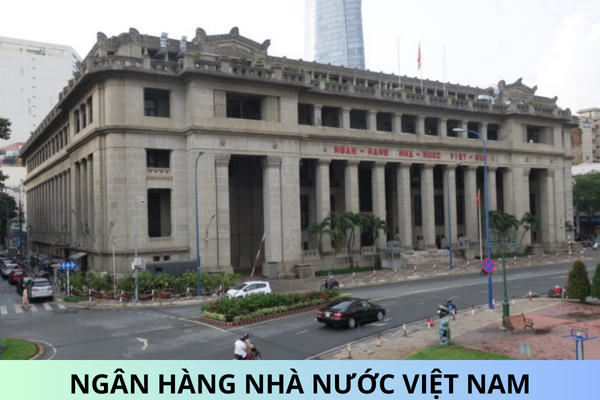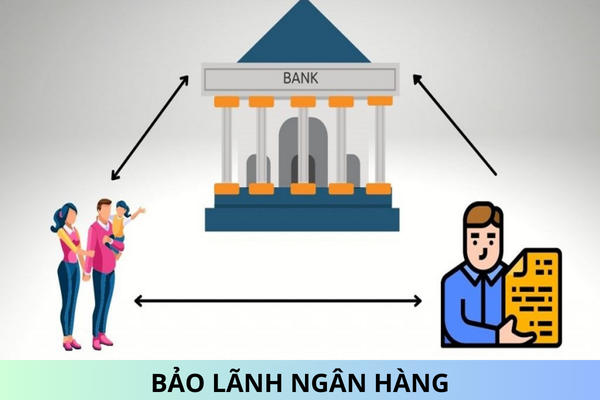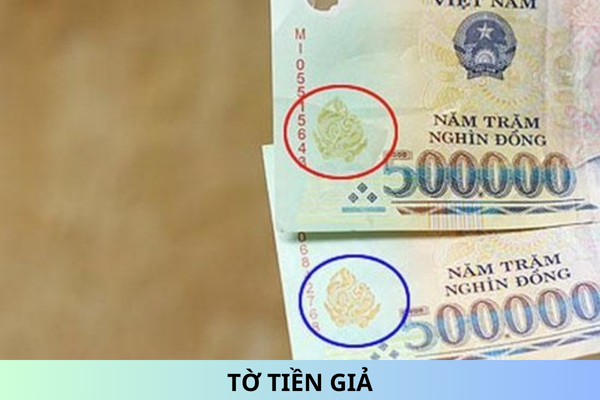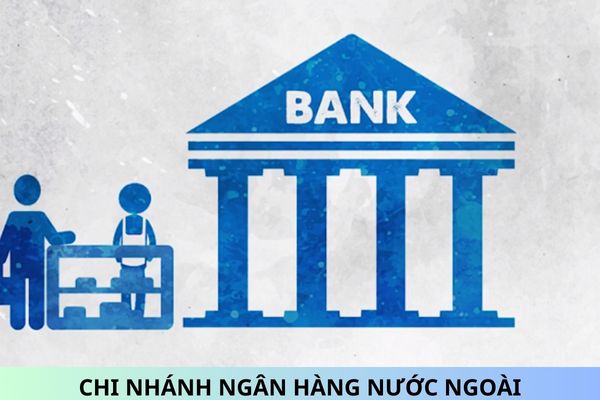What is the transaction limit for payment agents from July 1, 2024 in Vietnam?
What is the transaction limit for payment agents from July 1, 2024 in Vietnam? What are the contents of a payment agent contract in Vietnam?
What is the transaction limit for payment agents from July 1, 2024 in Vietnam?
According to Article 5 of Circular 07/2024/TT-NHNN, the transaction limits for payment agents are regulated as follows:
- The principal must have measures to manage the balance and transaction limits of the payment agent organization, including:
+ The transaction limit (including cash deposits and withdrawals) for individual customers is a maximum of 20 million VND per customer per day.
+ The payment agent can only carry out transactions for customers within the balance of the payment account assigned to the payment agent by the principal, in accordance with the regulations. Each payment agent location can transact up to 200 million VND per day and a maximum of 5 billion VND per month.
- The transaction limit for payment agents that are commercial banks, cooperative banks, branches of foreign banks, people's credit funds, and microfinance institutions is determined by agreement between the principal and the payment agent.
What is the transaction limit for payment agents from July 1, 2024 in Vietnam? - image from internet
What are the contents of a payment agent contract in Vietnam?
According to Article 8 of Circular 07/2024/TT-NHNN, the payment agent contract must include the following contents:
- Name and address of the principal, the legal representative or authorized representative of the principal;
- Name and address of the payment agent, the legal representative or authorized representative of the payment agent;
- Scope of agency, including the assigned activities and applicable limits for customers, applicable limits for the payment agent;
- Duration of the agency;
- Daily transaction time and working hours;
- Payment agent fees;
- Number of payment agent locations or a list of payment agent locations;
- Rights and obligations of the principal and the payment agent;
- Dispute resolution methods;
- Termination of the payment agent contract.
In addition to the above contents, the parties may agree on other provisions in the payment agent contract.
Is the payment agent allowed to further delegate the agency to a third party in Vietnam?
According to Article 7 of Circular 07/2024/TT-NHNN, the principles for carrying out payment agent activities are as follows:
Principles for carrying out payment agent activities:
1. Payment agent activities must be established through a written contract between the principal and the payment agent in accordance with the provisions of this Circular and other relevant laws and regulations.
2. The principal assigns the payment agent to carry out the regulated transactions specified in Article 4 of this Circular, in accordance with the content stated in the Establishment and Operation License or the Establishment License or the Decision on the organization and operation issued by the competent authority, as well as any amendments or supplements to the License or Decision (if any), for credit institutions or branches of foreign banks acting as payment agents.
3. The payment agent is not allowed to further delegate the agency to a third party.
4. When performing the regulated transactions specified in Clause 3 of Article 4 of this Circular, a non-banking organization acting as a payment agent must open and maintain a payment account with the principal to carry out the assigned transactions within the agreed balance between the principal and the payment agent. This payment account must be separate from other payment accounts used for other activities or purposes of the payment agent opened with the principal.
5. The principal charges fees from customers through the payment agent according to the fee schedule determined by the principal for each period. The principal and the payment agent are not allowed to charge any additional fees beyond the fees determined and announced by the principal. The service fee schedule of the principal must clearly state the types of fees, the applicable fee rates for each service, in accordance with legal regulations, and must be publicly posted at payment agent locations and on the payment agent's website (if available).
...
Therefore, the payment agent is not allowed to further delegate the agency to a third party.











